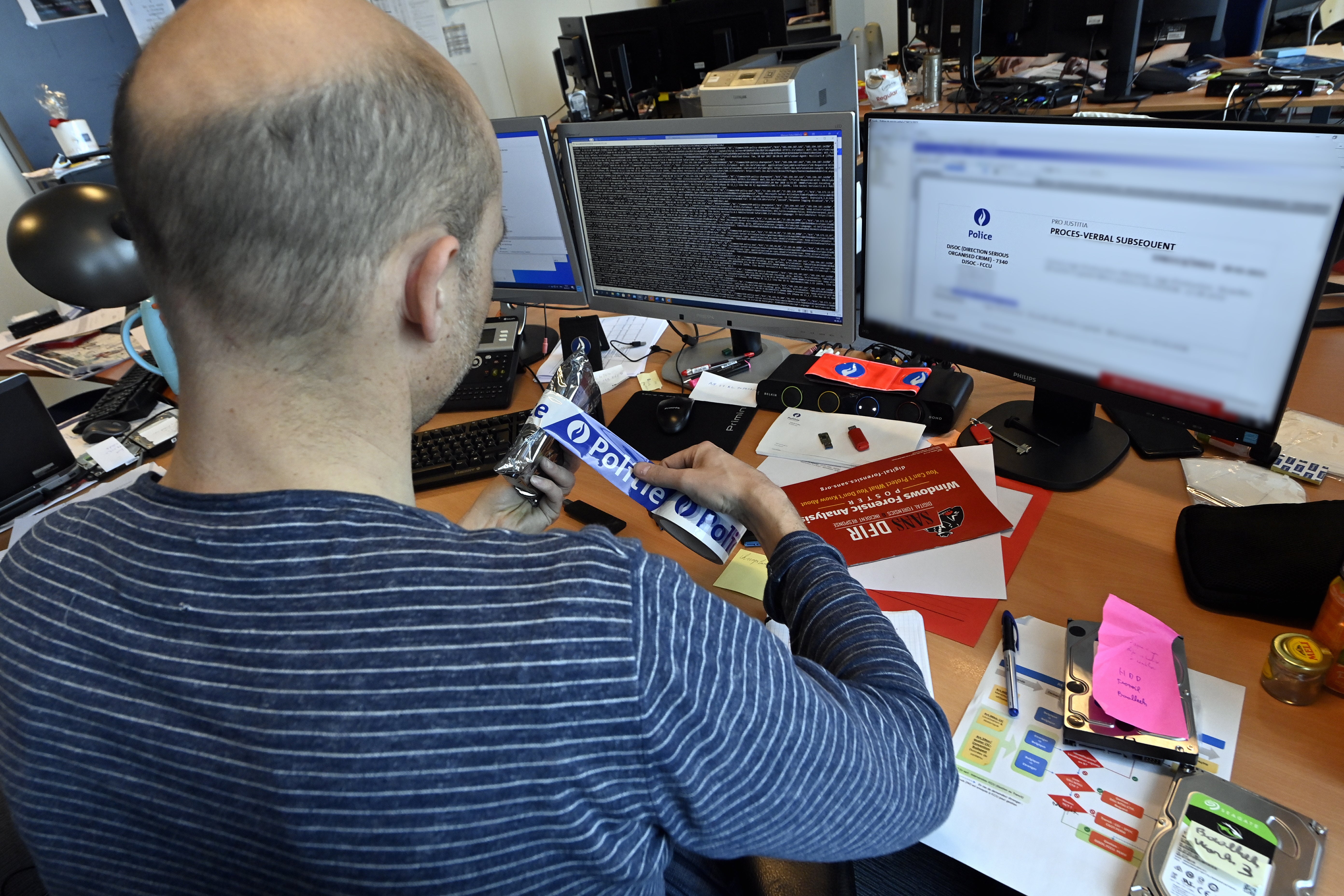Belgium’s civil servants given right to disconnect from work after hours
Describing ‘stress and burnout’ as real diseases, minister says law is needed to combat the problem

Federal workers in Belgium have been given the legal right to ignore work-related calls and emails after work hours as the country’s “right to disconnect” law came into effect on Tuesday.
The law grants the right to 65,000 civil servants to make themselves unavailable at the end of the normal working day and disconnect from work unless there are “exceptional and unforeseen circumstances”.
Belgium’s minister for public administration Petra De Sutter said in a letter that the so-called “right to disconnect” was necessary to combat “excessive work stress and burn-out” among federal civil servants, reported The Brussel Times.
She said that the workers feel the need to be available after work, which has been exacerbated during the Covid pandemic when most people are working from home.
Without the law “the result will be stress and burnout and this is the real disease of today”, said Ms De Sutter.
But a federal worker can be contacted after the working hours “in the event of exceptional and unforeseen circumstances requiring action that cannot wait until the next working period”, the memo said.
Additionally, a civil servant “should not be disadvantaged by not answering the phone or reading work-related messages outside normal working hours”.
The need to disconnect from work “is linked to positive well-being outcomes such as better focus, better recuperation and a more sustainable energy level”.
“The computer stays on, you keep reading the e-mails you receive on your smartphone … To better protect people against this, we now give them the legal right to disconnect,” she said.
The government is planning to extend the law to private-sector workers, said a spokesperson for labour minister Pierre-Yves Dermagne.
The Belgium government is also examining a proposal for a transition to a four-day week of 38 to 40 hours for full-time staff which would mean a three-day weekend but with longer working hours.
The Belgium government has taken a step in the direction of the trend adopted by several European countries from the past five years but gained momentum during the pandemic.
Volkswagen in Germany was first in 2012 to ban certain workers from answering emails after work hours to avoid stress.
In 2021, Portugal moved to approve a set of laws to prohibit employers from contacting remote workers after work hours in companies with more than 10 employees. Spain, Greece, and Ireland are also mulling similar measures due to the pandemic.
Join our commenting forum
Join thought-provoking conversations, follow other Independent readers and see their replies
Comments
Bookmark popover
Removed from bookmarks